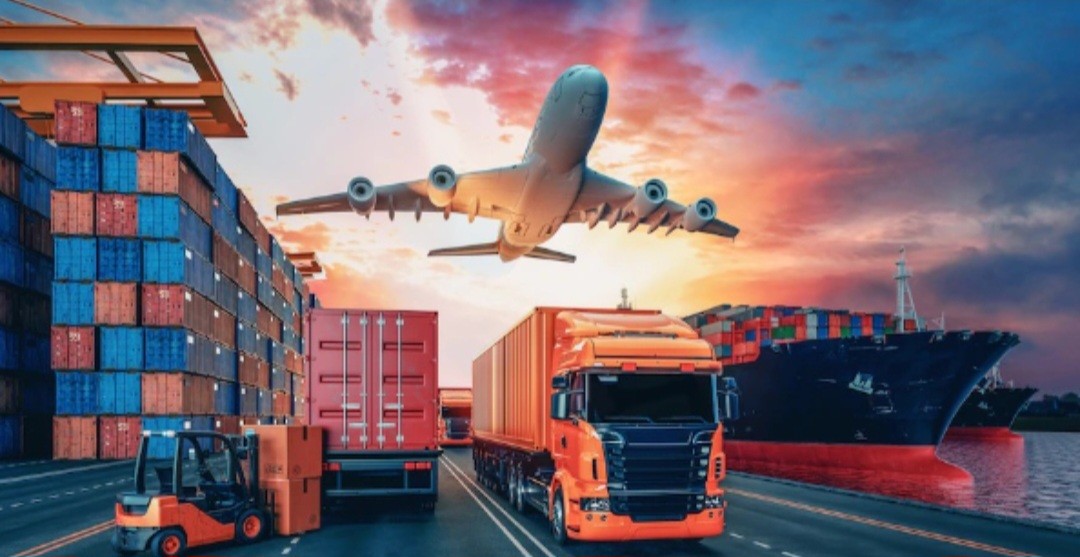In Transit: Legal Challenges and Opportunities in India and Beyond
In today’s interconnected world, logistics companies play a pivotal role in facilitating global trade and commerce. However, operating in the logistics sector, whether in India or internationally, entails navigating a multifaceted legal landscape characterized by various challenges and considerations. From regulatory compliance to contractual obligations and risk management, logistics firms must adeptly maneuver through legal complexities to ensure seamless operations and mitigate potential liabilities.
Regulatory Compliance:
In both the Indian and international contexts, logistics companies are subject to an array of regulations governing transportation, customs, and trade. In India, compliance with laws such as the Goods and Services Tax (GST), Customs Act, and Motor Vehicles Act is paramount. Similarly, international logistics operations must adhere to regulations set forth by organizations like the World Trade Organization (WTO), International Maritime Organization (IMO), and various customs authorities. Vigilance and adherence to regulatory requirements are essential to avoid penalties and legal repercussions.
Contractual Obligations:
Contracts form the cornerstone of relationships within the logistics industry, encompassing agreements with clients, suppliers, and service providers. Whether in India or on the international stage, disputes over contract terms, delivery schedules, or liabilities are common. Clear and meticulously drafted contracts that delineate responsibilities, liabilities, and dispute resolution mechanisms are essential for safeguarding the interests of all parties involved. Effective contract management practices, including thorough review and negotiation, are imperative to minimize the risk of disputes.
Liability and Risk Management:
Logistics operations entail inherent risks, including damage to goods, accidents, or delays. Identifying and managing these risks require a comprehensive understanding of applicable laws and insurance coverage. Whether in India or internationally, logistics companies must assess and mitigate risks through measures such as insurance coverage, risk assessments, and safety protocols. Furthermore, maintaining meticulous records of transactions and incidents is crucial for liability management and risk mitigation.
Data Protection and Cybersecurity:
In today’s digital age, data protection and cybersecurity have emerged as critical concerns for logistics companies worldwide. With the proliferation of digital transactions and the handling of sensitive information, protecting data from unauthorized access, breaches, or cyber-attacks is imperative. Compliance with data protection regulations such as India’s Information Technology Act and international standards like GDPR or CCPA is essential. Robust cybersecurity measures, encryption protocols, and employee training are vital components of an effective cybersecurity strategy.
Environmental Regulations:
Environmental sustainability has become a global priority, influencing regulatory frameworks and business practices in both India and international markets. Logistics companies face increasing pressure to comply with environmental regulations, emission standards, and sustainable practices. Adhering to environmental laws, implementing eco-friendly initiatives, and reducing carbon footprint are imperative for mitigating legal risks and demonstrating corporate responsibility.
Conclusion:
In conclusion, addressing legal implications in the logistics industry requires a nuanced understanding of regulatory frameworks and legal obligations, both in India and on the international stage. From regulatory compliance to contractual obligations, liability management, data protection, and environmental considerations, logistics companies must navigate a complex legal landscape with diligence and foresight. By staying informed, implementing best practices, and seeking legal counsel when necessary, logistics firms can mitigate risks and ensure compliance while fostering sustainable growth and success in the dynamic logistics sector.
